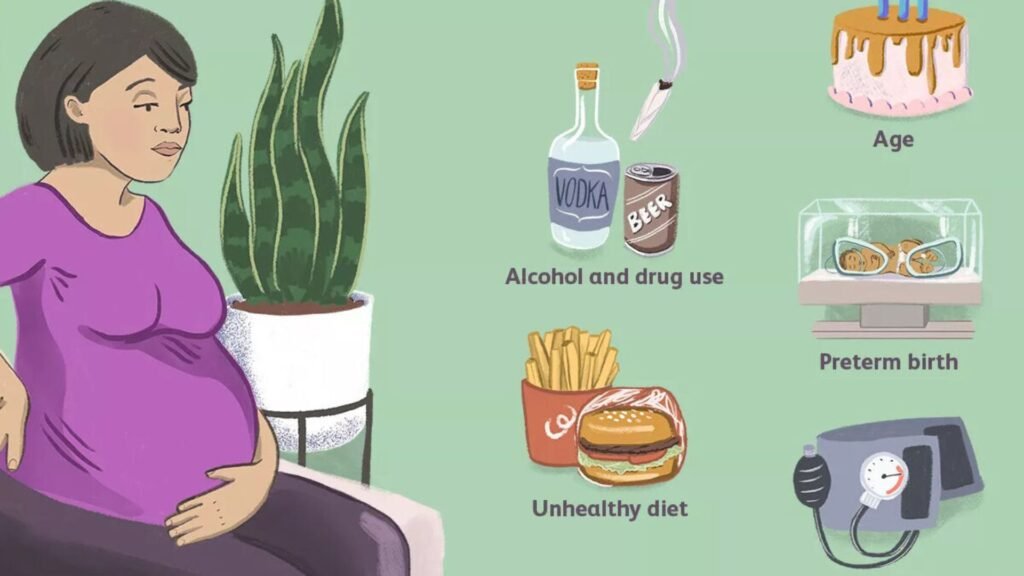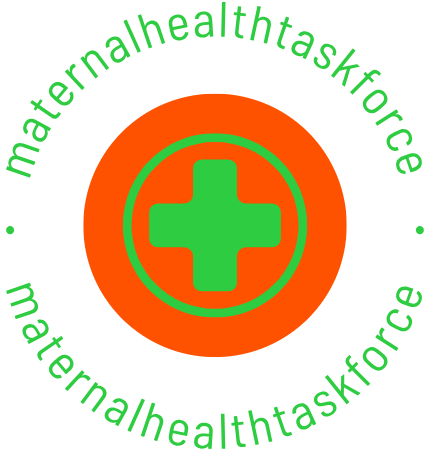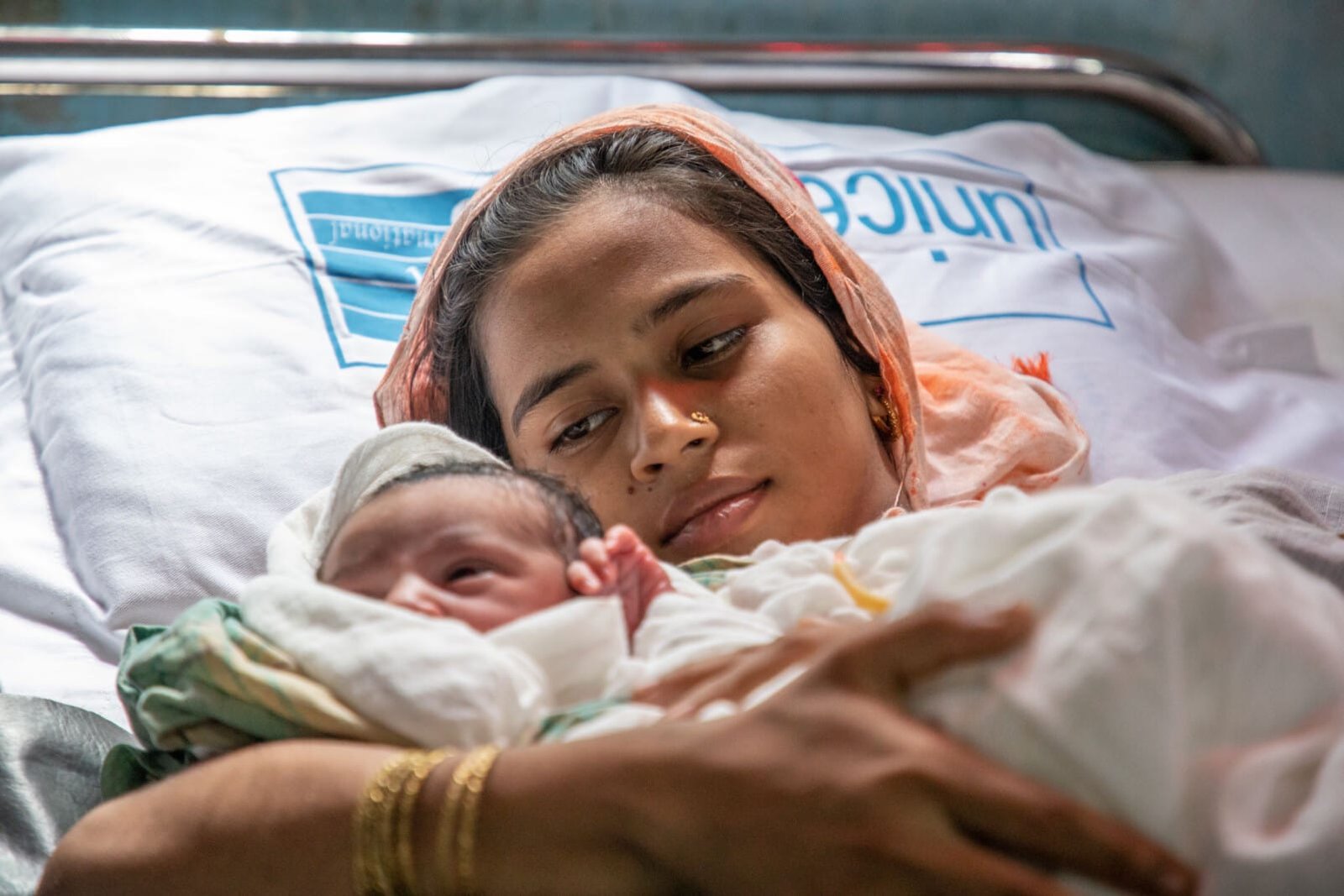Understanding common maternal health risk factors is essential for ensuring a safe pregnancy and healthy childbirth. These risk factors can affect the health of both the mother and the baby. By identifying and addressing these issues early, expectant mothers can reduce the chances of complications and improve their overall well-being. Here, we will discuss some of the most common maternal health risks and how they can be managed.

Age-Related Risks
Age is one of the most important maternal health risk factors. Women who become pregnant at a very young age or after 35 face increased risks during pregnancy. Younger mothers may have trouble accessing healthcare or may not fully understand their nutritional needs, while older mothers have a higher chance of developing health complications.
To manage this risk, it’s crucial for women to:
- Receive early and regular prenatal care
- Talk to healthcare providers about specific concerns related to age
- Maintain a healthy lifestyle throughout pregnancy
With proper care, many age-related risks can be reduced.
Pre-existing Medical Conditions
Women with pre-existing medical conditions are also at higher risk during pregnancy. Conditions such as diabetes, high blood pressure, and heart disease can complicate a pregnancy if not managed properly.
Common maternal health risk factors related to medical conditions include:
- Gestational diabetes (diabetes that develops during pregnancy)
- Pre-eclampsia (high blood pressure during pregnancy)
- Complications with heart or kidney function
Women with these conditions should work closely with their doctors to create a care plan. Regular monitoring and following medical advice can help keep both the mother and baby healthy.
Poor Nutrition and Weight Issues
Maintaining proper nutrition is vital during pregnancy. Poor diet and extreme weight issues—whether being underweight or overweight—are significant maternal health risk factors. Women who do not get the nutrients they need may face complications like anemia or have babies with low birth weight. On the other hand, obesity can lead to conditions such as gestational diabetes or pre-eclampsia.
To minimize this risk, pregnant women should:
- Eat a balanced diet rich in fruits, vegetables, and lean proteins
- Take prenatal vitamins as recommended by healthcare providers
- Maintain a healthy weight through regular, safe exercise
Proper nutrition supports both the mother and the growing baby.
Smoking and Alcohol Use
Smoking and alcohol use are serious maternal health risk factors. Both can lead to complications such as premature birth, low birth weight, and developmental issues in the baby. Smoking also increases the risk of miscarriage and stillbirth, while alcohol can cause fetal alcohol syndrome.
To reduce these risks, pregnant women should:
- Avoid smoking and secondhand smoke
- Stop drinking alcohol as soon as they know they are pregnant
- Seek support if they find it hard to quit
Avoiding harmful substances helps ensure a healthier pregnancy.
Mental Health Challenges
Mental health is a critical part of overall maternal health. Depression, anxiety, and stress are common maternal health risk factors that can affect a woman’s well-being during and after pregnancy. High stress levels can lead to physical health issues such as high blood pressure or preterm labor.
To manage mental health risks, it’s important for pregnant women to:
- Reach out for support from healthcare providers, family, or friends
- Attend counseling or therapy if needed
- Practice relaxation techniques, such as meditation or gentle yoga
Addressing mental health concerns early can improve outcomes for both mother and baby.
Lack of Access to Healthcare
A lack of access to quality healthcare is a significant maternal health risk factor. Women who cannot see a doctor regularly during pregnancy may miss important health screenings and care. This can lead to undetected complications and poor health outcomes for both mother and baby.
To improve healthcare access, it’s important for communities to:
- Provide affordable healthcare options
- Offer transportation services for those who need them
- Support programs that educate women on the importance of prenatal care
Ensuring that every pregnant woman has access to healthcare reduces risks and promotes healthy pregnancies.
Multiple Pregnancies
Carrying twins, triplets, or more is another maternal health risk factor. Multiple pregnancies increase the likelihood of premature birth, low birth weight, and complications during delivery. Mothers carrying multiple babies may also experience higher levels of discomfort and fatigue throughout their pregnancy.
To manage these risks, women with multiple pregnancies should:
- Have regular checkups with their doctor
- Follow a healthy diet to support the extra demands on their body
- Be aware of signs of preterm labor and seek medical attention if necessary
With the right care, mothers of multiples can have a safer pregnancy.
Conclusion
In conclusion, understanding common maternal health risk factors is essential for a healthy pregnancy. Factors such as age, medical conditions, poor nutrition, smoking, and mental health challenges can increase risks, but many of these can be managed with proper care. Regular prenatal checkups, healthy habits, and support from healthcare providers are key to reducing these risks. By addressing these factors, mothers can improve their chances of a safe and healthy pregnancy.










